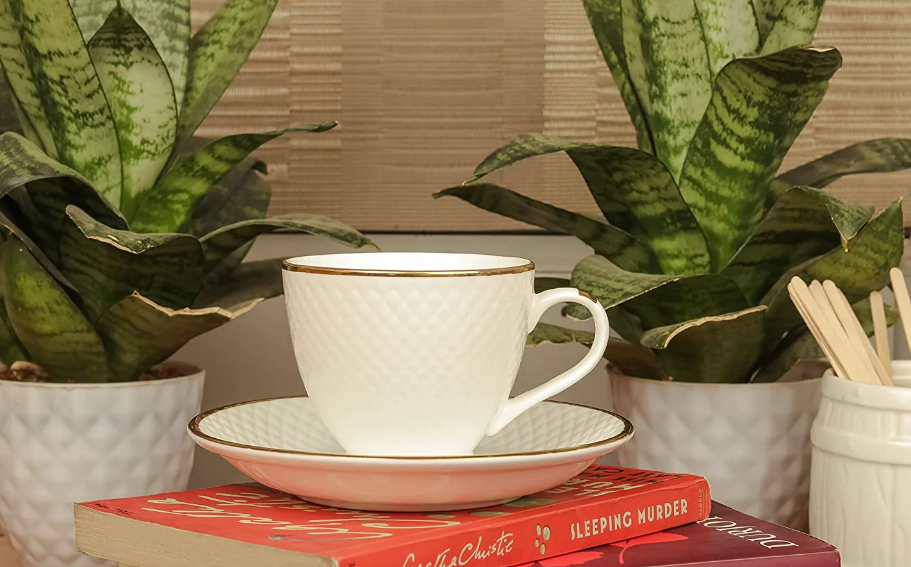As we become more aware of the environmental impact of our lifestyle choices, many of us have begun to seek out greener alternatives. One such area where we can make a significant change is in our selection of dishware. Today, let’s focus on white cups, a common item in many households, and explore how we can make this everyday item more eco-friendly.
The Problem with Traditional White Cups
Traditional white cups, while aesthetically pleasing, often come with an environmental cost. They are typically made from non-renewable resources such as plastic or porcelain. Plastic cups contribute to landfill waste and ocean pollution, while porcelain production involves high energy consumption and CO2 emissions.
The Rise of Eco-Friendly Alternatives
In response to these issues, many companies have started producing eco-friendly alternatives. These cups are made from renewable resources like bamboo or recycled materials, significantly reducing their environmental footprint. They’re also designed to be durable and long-lasting, further minimizing waste.
Embracing Eco-Friendly Disposable Cups
Among these sustainable options, eco-friendly disposable cups stand out. Made from materials like bagasse (sugarcane waste) or plant starch, these cups are biodegradable and compostable. They offer the convenience of disposability without the guilt associated with traditional disposable cups.
Moreover, they’re available in various sizes and designs, including the classic white. This means you don’t have to sacrifice aesthetics for sustainability. You can enjoy your morning coffee online or serve guests at a party with these eco-friendly white cups, knowing you’re making a responsible choice.
Benefits of Eco-Friendly White Cups
Choosing eco-friendly white cups offers numerous benefits. Besides helping the environment, they are often safer for use. Traditional plastic cups may contain harmful chemicals like BPA that can leach into your drink. On the other hand, eco-friendly cups are typically made from natural materials and are free of such toxins.
Additionally, by choosing eco-friendly products, you’re supporting companies that prioritize sustainability. This can help drive demand for green products and encourage more companies to adopt environmentally friendly practices.
Conclusion
In conclusion, white cups don’t have to be a source of environmental concern. With the availability of eco-friendly alternatives, we can enjoy our favorite beverages guilt-free. It’s a small change, but when combined with other sustainable choices, it can contribute significantly to preserving our planet.
Remember, every eco-friendly choice counts. Let’s make the switch to eco-friendly white cups and help build a more sustainable future.
